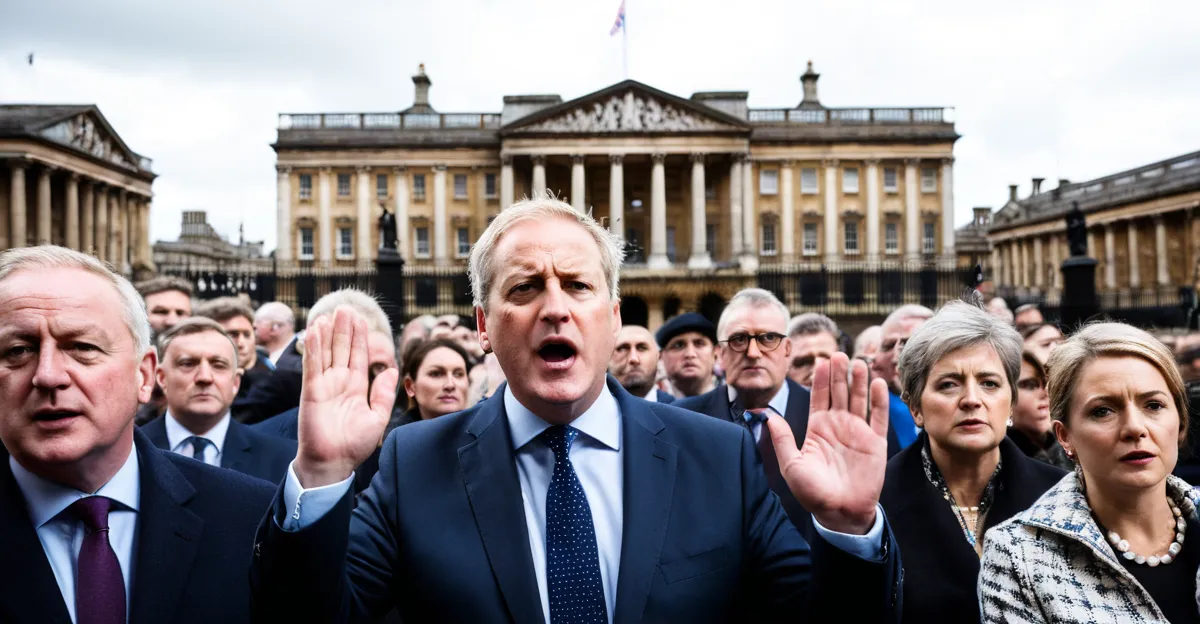The unseen dynamics behind UK political scandals
Beneath the surface of headline-grabbing political scandals in the UK, systemic issues often play a decisive role. These issues include entrenched practices and institutional complacency that perpetuate misconduct, making scandals not isolated incidents but symptoms of deeper dysfunction. For example, behind the scenes UK politics frequently involves complex networks of influence where personal interests and party loyalty can overshadow public accountability.
Hidden influences, such as discreet lobbying efforts and informal power-sharing agreements, significantly shape political outcomes. These factors are rarely visible to the public but are crucial in understanding why scandals arise and persist. Cultural norms also heavily impact what becomes defined as a ‘scandal’; behaviors tolerated within elite political circles might shock the general public, while other actions remain overlooked due to accepted traditions or unspoken rules.
Also read : How Could Recent Developments in the UK Reshape Future Policies?
This layered interplay between systemic drivers, unseen pressures, and cultural perceptions complicates the process of political scandal analysis in the UK. Recognizing these UK government controversies as products of broader structural dynamics allows for a more comprehensive and insightful examination beyond mere surface-level reporting.
Limitations of media coverage in exposing truths
Understanding UK media political scandals requires recognising the gap between public narratives and the underlying realities of political misconduct. Media outlets often face challenges that limit their capacity to fully uncover complex UK government controversies. For instance, journalists must navigate restricted access to confidential sources and institutional barriers, which constrains the depth of their investigations.
Have you seen this : What Are the UK Government’s Plans for Future Environmental Policies?
The press responsibilities UK include balancing thorough scandal reporting with legal constraints such as defamation laws and editorial guidelines. These frameworks sometimes lead to cautious coverage, causing crucial details to be omitted or softened. Consequently, narratives may skew towards sensationalism or focus on surface-level controversies rather than systemic issues evident in political scandal analysis UK.
Editorial choices further shape public perception. Newsrooms decide which stories to emphasise, influenced by commercial pressures, political biases, or audience preferences. This curation can lead to selective exposure of scandals, where some behind the scenes UK politics events receive disproportionate attention while others remain obscured.
Ultimately, the interplay between journalistic challenges and editorial decisions creates inherent limits on comprehensive scandal reporting. Enhancing transparency requires acknowledging these constraints and supporting investigative resources that can probe deeper into the UK government controversies that shape political life.







